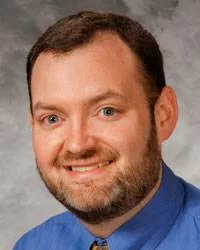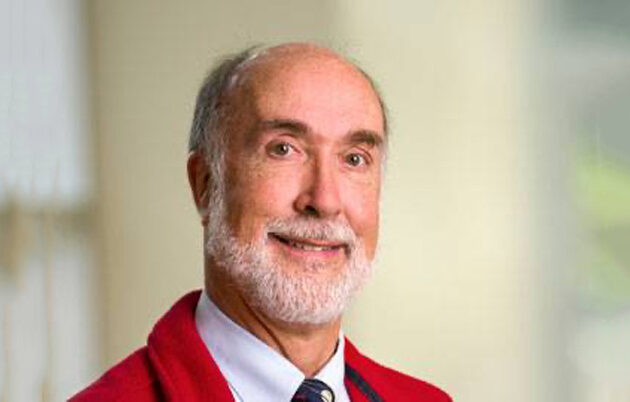Graduates’ Perspectives
Program graduates and their companies place high value on its interdisciplinary approach to education, giving rise to benefits in many forms. For Jason Mlsna, Class of 2012, a national account manager for GlaxoSmithKline, the program offered an opportunity to better understand Madison’s biotechnology landscape.
“I had worked in the pharma industry for a number of years, and the program offered me the opportunity to really take my career to another level. What keeps me in Madison is the qualified workforce, quality of the science, and quality of the people,” says Mlsna.
The quality Mlsna references also is evident to students who relocate to Wisconsin to pursue the degree, such as Jake Lindall, Class of 2018, who moved from Minneapolis.
“I relocated to Madison for the Master of Science in Biotechnology Program due to the well-rounded curriculum and experienced faculty. What I didn’t realize were the opportunities that would be available to me outside of the program in terms of biotech jobs. I ended up gaining incredibly valuable experience as a quality assurance technician for Exact Sciences during my time in the program, leading to familiarity with a position I never expected to have,” Lindall notes.
New Horizons
The program’s successful collaboration with regional companies led to the formation in 2014 of the School of Medicine and Public Health Office of Industry Engagement, which is dedicated to increasing the breadth and depth of such partnerships. Other initiatives include development of international relationships that foster varied cultural perspectives while training promising professionals, many of whom relocate to Wisconsin. The school also is enhancing the program by developing subject-area tracks, such as federal and industry regulatory strategies, therapeutics discovery and development, regenerative medicine and precision medicine.
For 16 years, this program has benefited from the creativity, commitment and contributions of its students, alumni, faculty and partners. The future of biotechnology is bright throughout the nation. We look forward to continuing to contribute to Wisconsin’s role as a leader in the translation of research breakthroughs to improved health and quality of life for people in our state, nation and world.



